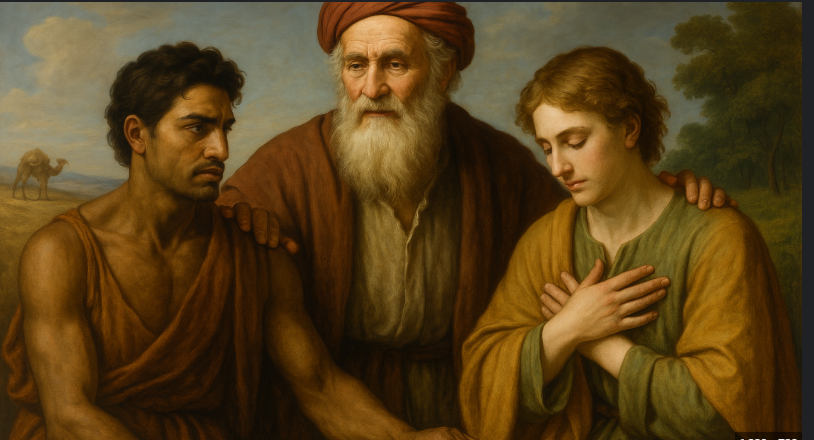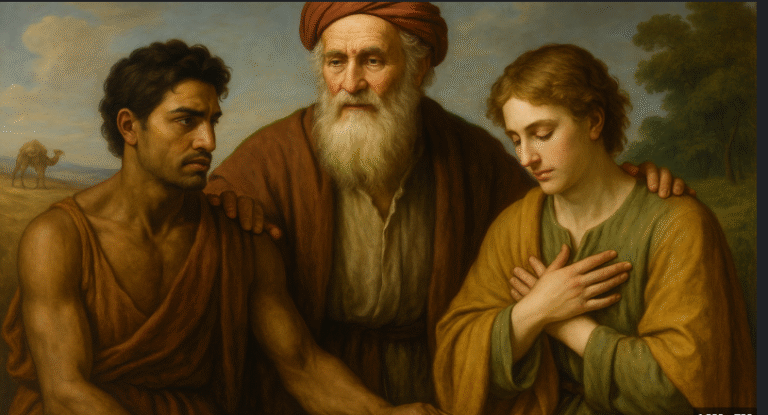Understanding the Role of Spirituality in Addiction Recovery
Spirituality is often described as the connection to something greater than oneself. It may involve a higher power, a sense of purpose, or a belief in the interconnectedness of life. In addiction recovery, spirituality serves as a cornerstone for rebuilding lives, fostering inner peace, and enabling individuals to find fulfillment beyond substance use.
Key Roles of Spirituality in Recovery
- Providing Purpose: Addiction often stems from a void or lack of purpose. Spirituality fills this gap, offering individuals a reason to live beyond the high.
- Encouraging Mindfulness: Spiritual practices like meditation and prayer cultivate mindfulness, which helps individuals recognize and manage triggers.
- Fostering Accountability: Many spiritual beliefs emphasize responsibility and personal growth, encouraging individuals to confront their actions and work toward change.
- Building Community: Spirituality often connects people through shared beliefs and values, creating supportive networks that are vital for recovery.
The Importance of Spirituality in Recovery
1. A Source of Inner Strength
Recovery is a challenging journey filled with temptations and emotional upheavals. Spirituality empowers individuals by providing inner strength and resilience. This strength helps them resist cravings and cope with stress without resorting to substances.
2. Healing Emotional Wounds
Addiction frequently masks unresolved emotional pain. Spirituality encourages self-reflection and forgiveness, helping individuals confront past traumas and let go of guilt or shame. This emotional healing is crucial for sustained recovery.
3. Replacing Harmful Patterns
Spirituality offers healthy habits and practices that replace the harmful routines of addiction. For example, engaging in yoga, meditation, or attending spiritual gatherings can fill the time and space once consumed by substance use.
4. Instilling Hope
One of the greatest gifts spirituality provides is hope. It reassures individuals that recovery is possible, giving them the motivation to persevere even during setbacks.
How Spirituality Impacts Addiction Recovery
1. Transforming Mindsets
Addiction often thrives on negativity and hopelessness. Spirituality shifts the focus from despair to growth, encouraging individuals to see themselves as capable of change and worthy of love and respect.
2. Reducing Stress and Anxiety
Spiritual practices like mindfulness meditation and prayer help calm the mind, reduce stress, and ease anxiety. This makes individuals less likely to turn to substances as a coping mechanism.
3. Enhancing Self-Control
By fostering a deeper connection with oneself and a higher purpose, spirituality strengthens self-discipline. This is vital in resisting the impulses and cravings associated with addiction.
4. Creating a Support System
Many spiritual paths emphasize community, whether through religious congregations, meditation groups, or shared rituals. These networks provide emotional support and accountability, which are essential for recovery.
Spiritual Practices That Aid Addiction Recovery
- Meditation: Helps individuals focus on the present moment, reducing anxiety and fostering inner peace.
- Prayer: Provides comfort, hope, and a sense of connection to a higher power.
- Journaling: Encourages self-reflection and allows individuals to process their emotions.
- Yoga: Combines physical activity with mindfulness, promoting mental clarity and stress relief.
- Nature Walks: Reconnects individuals with the natural world, fostering a sense of peace and purpose.
- 12-Step Programs: Many recovery programs incorporate spiritual principles, such as surrendering to a higher power and seeking personal transformation.
Real-Life Impact of Spirituality on Recovery
Numerous studies and personal accounts highlight the transformative power of spirituality in addiction recovery:
- Improved Emotional Well-Being: Individuals who engage in spiritual practices often report lower levels of depression and anxiety during recovery.
- Higher Success Rates: Spirituality-based recovery programs, such as Alcoholics Anonymous, show higher rates of long-term sobriety compared to purely clinical interventions.
- Increased Resilience: Spiritual beliefs instill hope and purpose, making individuals more resilient to setbacks.
Benefits of Spirituality in Addiction Recovery
- Holistic Healing: Spirituality addresses not just the physical but also the emotional and mental aspects of addiction.
- Long-Term Sobriety: By providing purpose and meaning, spirituality reduces the likelihood of relapse.
- Improved Relationships: Spirituality encourages empathy, forgiveness, and connection, fostering healthier relationships with others.
- Enhanced Quality of Life: Individuals who embrace spirituality often experience greater happiness, fulfillment, and life satisfaction.
Spirituality in Today’s World of Recovery
In an era dominated by technology and instant gratification, addiction has become an all-too-common struggle. Spirituality provides a much-needed counterbalance, offering a deeper sense of purpose and connection. For younger generations, in particular, spirituality can serve as a grounding force, guiding them toward healthier choices and meaningful lives.














